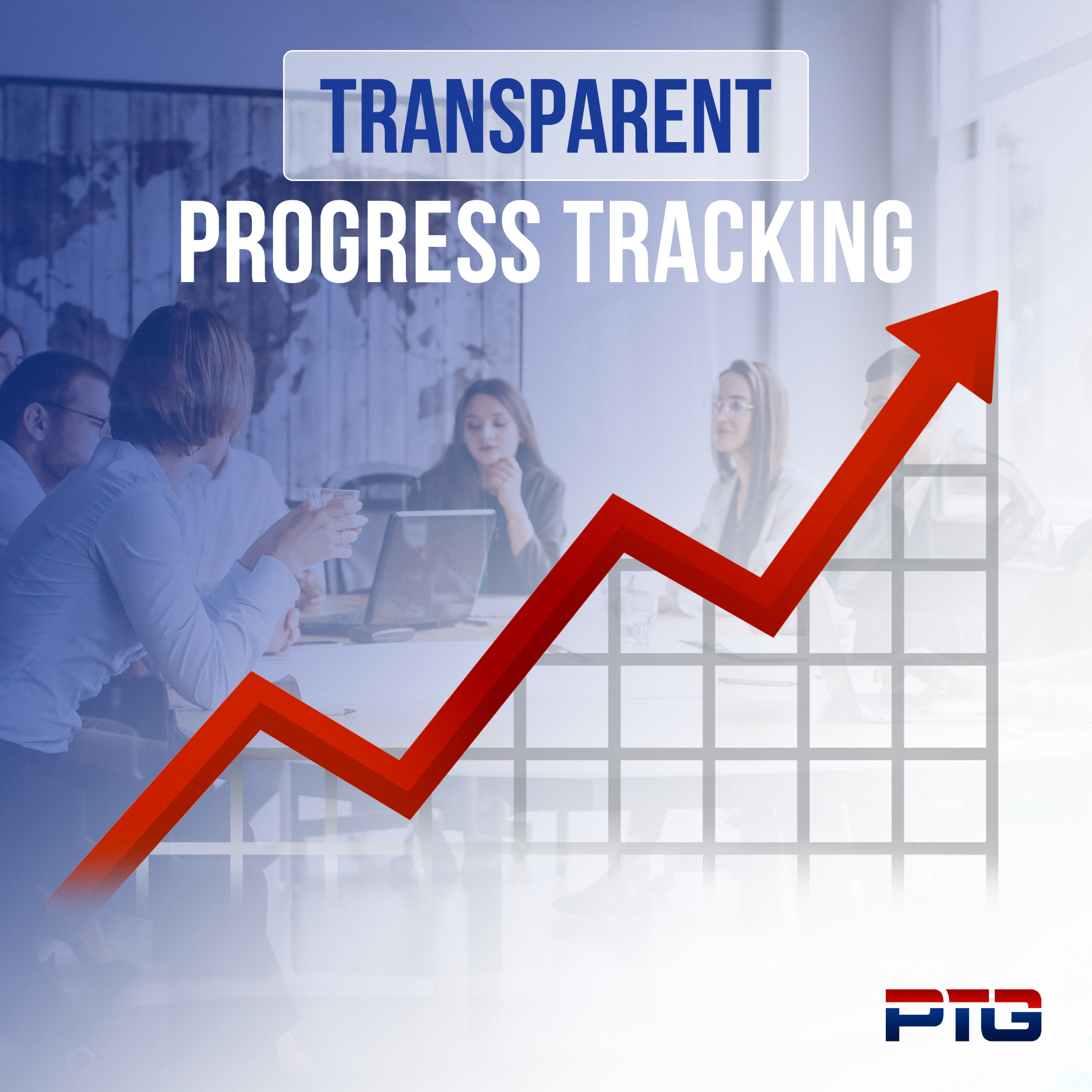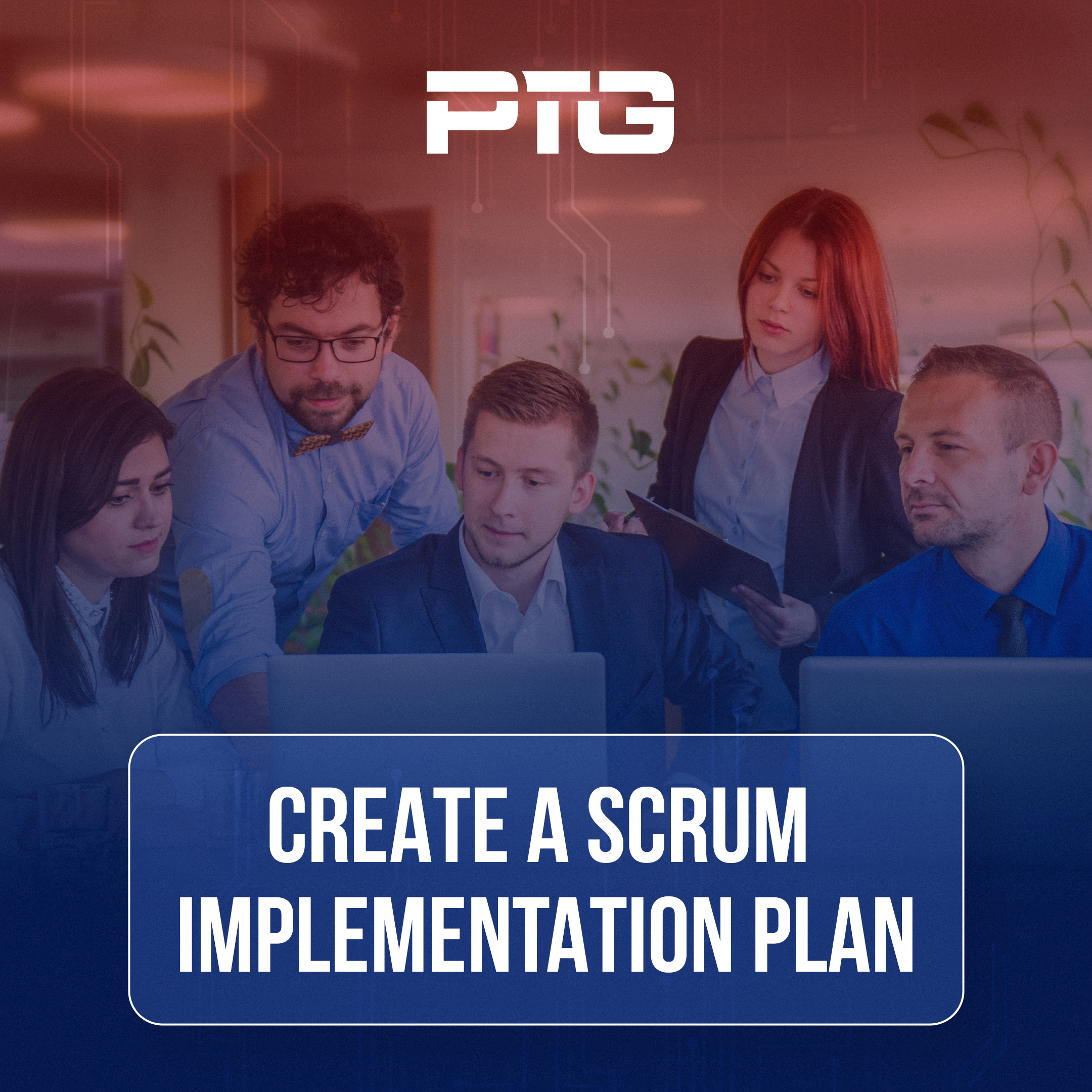
25,July 2023
Embracing Scrum Management in IT: A Guide for Event Companies to Harness its Advantages
Continue
4. Flexibility and Adaptability:
Events often require quick responses to changing client needs and market dynamics. Scrum’s flexibility enables event companies to adapt to evolving requirements efficiently. The framework allows for continuous feedback, enabling adjustments to be made mid-project. By conducting regular sprint reviews and retrospectives, teams can learn from their experiences and implement improvements in subsequent sprints.
5. Transparent Progress Tracking:
Transparency is crucial for event companies to build trust with clients and stakeholders. Scrum provides visibility into the progress of each sprint through visual tools like Kanban boards or task management software. These tools help track the completion of tasks, identify bottlenecks, and ensure the project stays on track. Transparent progress tracking facilitates effective communication and timely decision-making.
6. Continuous Improvement:
Scrum promotes a culture of continuous improvement through retrospective meetings. Event companies can leverage these meetings to evaluate each sprint’s outcomes, celebrate successes, and identify areas for improvement. By regularly reflecting on their processes and adapting accordingly, event teams can optimize their performance, reduce inefficiencies, and deliver better results with each event.
Conclusion:
Scrum management offers event companies a powerful framework to streamline their IT operations and improve project outcomes. By embracing Scrum, event agencies can enhance project planning, collaboration, communication, flexibility, and progress tracking. This agile approach empowers teams to adapt to changing client needs and continuously improve their processes. As the event industry becomes increasingly tech-driven, leveraging Scrum’s advantages can be a game-changer for delivering successful events and exceeding client expectations.
Note: It’s important to note that Scrum is primarily a software development methodology, and its application to event management may require adaptations and modifications to suit the specific needs and characteristics of the industry.
Sources:
-
Scrum.org: “Scrum Framework” – https://www.scrum.org/resources/what-is-scrum
-
Smartsheet: “Using Scrum for Event Planning: A Comprehensive Guide” – https://www.smartsheet.com/content/using-scrum-event-planning-guide
-
Event Manager Blog: “How Agile and Scrum Can Revolutionize Event Planning” – https://www.eventmanagerblog.com/agile-scrum-event-planning
-
Agile Alliance: “What is Agile?” – https://www.agilealliance.org/agile101/



